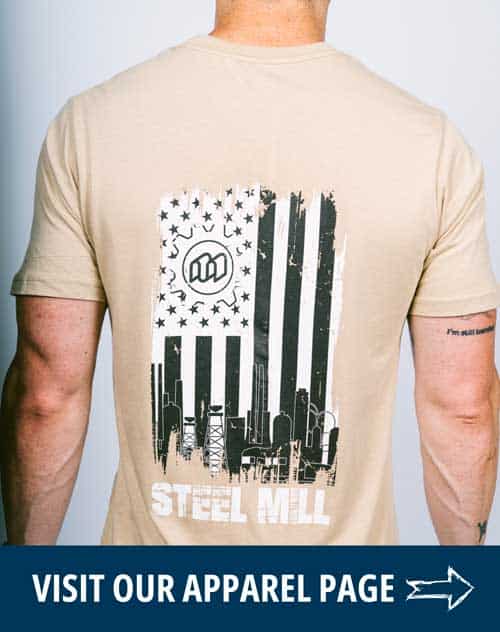Less than two weeks after the Commerce Department made public its recommendations on remedies that could be imposed on steel and aluminum imports, President Trump on Thursday is expected to announce his decisions in both investigations under Section 232 of the 1962 Trade Expansion Act, sources told Inside U.S. Trade.
Noting that administration officials on Wednesday were still talking to industry and union representatives about options, these sources said it was not clear what remedies Trump would announce. Also not clear was what countries, if any, would be excluded from the remedies the president chooses.
Sources said lawyers late Wednesday were still reviewing the paperwork and that the White House was sending mixed signals on whether Thursday’s event would be a full announcement of the remedies or a less definitive meeting with industry and union officials.
Commerce Secretary Wilbur Ross submitted his report in the steel probe on Jan. 11 and the aluminum investigation on Jan. 19. Both were made public on Feb. 16 after Senate Finance Committee ranking member Ron Wyden (D-OR), at a Feb. 13 White House meeting, urged the president to allow more transparency in the investigations if he wanted their input.
The Commerce reports said that imports of both steel and aluminum were impairing national security and outlined three recommendations for the president to consider, including tariffs and quotas. On steel, one option would be a global tariff of at least 24 percent; an option on aluminum was a global tariff of 7.7 percent.
Trump, who has until April to decide on the remedies, reportedly favors the global tariff options, but sources late Wednesday could not confirm that he had settled on them.
The president and his economic team told industry and union representatives they were planning an Oval Office signing ceremony for late Thursday morning, sources said. However, they added, it was not clear who would be able to make the trip to Washington, DC, on short notice to participate in the event.
Ross this week received high-level visitors from a number of countries, including South Korea, Brazil and Mexico, who came to Washington to make a case for an exclusion from the remedies. One source close to the administration said Canada and Mexico – as NAFTA partners and key allies – have a “compelling argument” for why they should be excluded, while several others suggested that Canada was unlikely to be hit with any remedies given that the steelworkers union represents workers on both sides of the border.
Sources close to the matter suggested that the Feb. 13 meeting between the president and the lawmakers, as well as the release of the reports – which let opponents of the 232 investigations in the private sector and in other countries know what remedies Trump was considering – were attempts by pro-free trade advisers in the White House to derail any plan to impose steep tariffs.
The members of Congress at that meeting overwhelmingly urged the president to exercise caution in establishing any remedies – with many focusing on how many jobs would be on the line in downstream industries, some suggesting there was no legitimate case to be made on national security grounds in the first place, and others warning that imposing restrictions on allies would backfire.
The Pentagon also said it was concerned about negative impacts on allies and told Ross it was “critical that we reinforce to our key allies that these [Section 232] actions are focused on correcting Chinese overproduction and countering their attempts to circumvent existing antidumping tariffs – not the bilateral U.S. relationship.”
But at a meeting with governors on Feb. 26, the president reiterated his belief that remedies would spur job creation in the steel and aluminum sector – and that he was willing to impose tariffs if that is what it would take to bring jobs back to America.
“I want to bring the steel industry back into our country. If that takes tariffs, let them take tariffs. OK?,” Trump said. “Maybe it’ll cost a little bit more, but we’ll have jobs. Let it take tariffs. I want to bring aluminum back into our country. These plants are all closing or closed.” – Jenny Leonard (jleonard@iwpnews.com)
← Back To News
